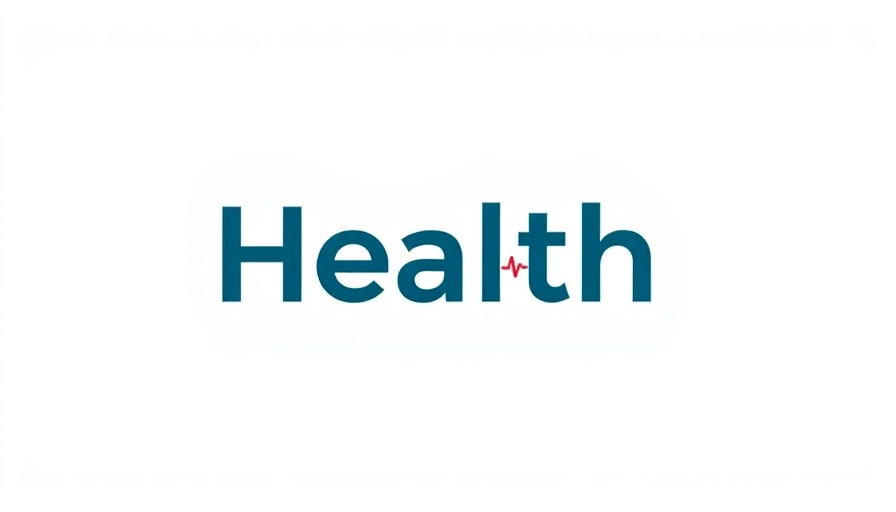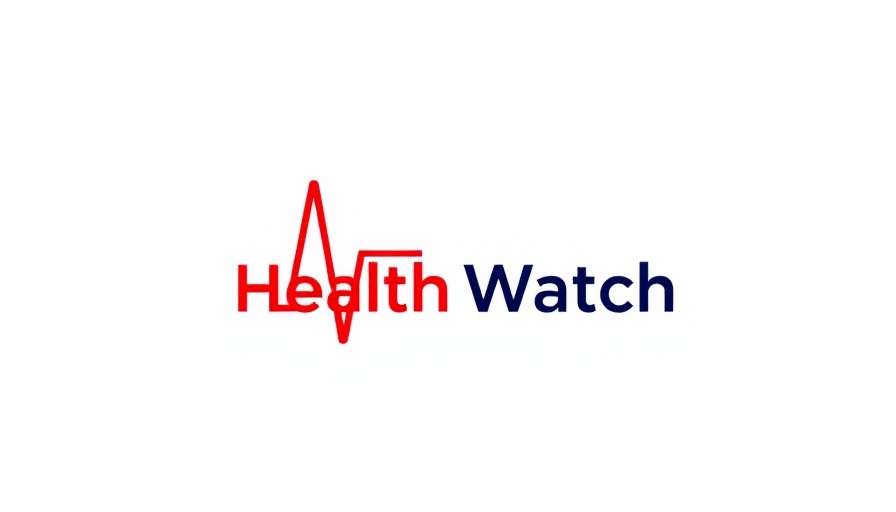
The Pandemic's Shadow: Are We Truly Done with COVID?
As spring approaches with renewed vigor, many Americans are declaring the COVID-19 pandemic over. According to a recent Gallup poll, roughly 59% of the population believes that the worst is behind us. This sentiment is mirrored in various reports concluding that significant milestones in vaccinations and the easing of restrictions have paved the way toward normalcy.
Life After COVID: Mixed Feelings Among Americans
While many people are optimistic, the reality remains complex. Although 47% report their lives have returned to a pre-pandemic state, a staggering 40% feel that they may never regain the normalcy they once knew. This discrepancy reveals a growing divide in attitudes, largely influenced by geography and political affiliation. For instance, 79% of Republicans consider the pandemic over compared to only 43% of Democrats, who view the situation with a more cautious lens.
Lingering Anxiety: Fear of Another Health Crisis
Despite the relaxed perceptions, public concern remains high regarding the potential for another global health crisis. Approximately 58% of Americans are worried about a future pandemic, with many attributing their anxiety to the devastating impact of COVID-19, which has resulted in over 1.2 million deaths in the U.S. alone. Notably, a significant number of those polled—about one in five—continue to express concerns about contracting COVID-19 even now, showcasing how the pandemic's legacy persists in the minds of many.
The Long-term Impact of COVID-19: A Test of Resilience
Personal experiences with COVID-19 showcase a troubling spectrum of outcomes. While approximately 72% of adults believe they have contracted the virus, the repercussions continue to unfold. Eleven percent report ongoing symptoms associated with Long COVID, revealing an insidious aftereffect that compounds the worry of future health crises. This highlights the necessity of not only immediate health responses but also long-term healthcare strategies.
Vaccination Trends: Partisan Lines and Public Health
The survey indicates that vaccination status remains a point of division, with 66% of Democrats receiving a COVID-19 vaccine in the past six months versus only 24% of Republicans. Such discrepancies may highlight deeper issues related to trust in science and public health initiatives across the political spectrum. Even with booster shots becoming a part of routine health maintenance for many, disparities in acceptance could impede efforts to mitigate future outbreaks.
Moving Forward: What This Means for Our Future
The journey toward post-pandemic life underscores the importance of public consciousness regarding health. While many are returning to daily activities without fear, the underlying anxieties suggest that vigilance is essential. Health professionals emphasize a balanced approach: celebrating the return to normalcy while remaining cautious and prepared for potential future challenges.
Conclusion: Embracing a New Reality
As the dust settles, the key takeaway remains that vigilance is necessary in any post-pandemic society. Ensuring access to healthcare, ongoing public health communication, and encouraging vaccination can provide a robust safety net as we step into this new chapter. While the pandemic may be perceived as over, we must continue to work together to safeguard against future health concerns.
 Add Row
Add Row  Add
Add 




Write A Comment